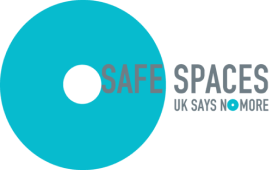Managing conflict
The training we receive makes us good scientists – able to weigh up complex data and come to the right therapeutic decisions. To work successfully with others, we also need to develop emotional intelligence.
- Finding ways to deliver criticism which are supportive and helpful (and the converse, being able to receive criticism without being devastated)
- The ability to empathise with a distressed client or a stressed colleague
- The ability to engage in differences of opinion and conflict in ways which are respectful and which optimise a useful outcome
- The ability to negotiate your needs without becoming either a bully or a victim
- The ability to manage conflict in a positive way

“No one told me about the non-clinical skills I would need. Or that I can learn and practise them, just like the clinical skills.”
It is inevitable that miscommunication and conflict will sometimes occur, with both clients and colleagues. When it happens it can cause a lot of distress but there are skills that can be learnt to manage effective relationships and reach mutually agreeable solutions.
Katherine Howell’s course on Communication & Conflict Management, offered by the Veterinary Support Personnel Network – part of the Veterinary Information Network – offers this advice:
- Re-frame your approach – conflict isn’t negative, it’s neutral
- Successful conflict resolution clarifies and improves working relationships and identifies opportunities for action
- Conflict happens because we are diverse in our thoughts, attitudes, perceptions, social systems and culture. It is not necessarily negative
- Think about conflict as an opportunity rather than a threat, then it immediately opens up a whole string of possibilities
You can:
- Negotiate how you would like to be spoken to
- Clarify misunderstandings
- Ask for further training
- Apologise
- Commit to future action
- Clarify personal responsibility




